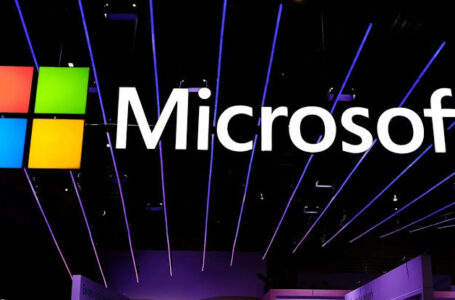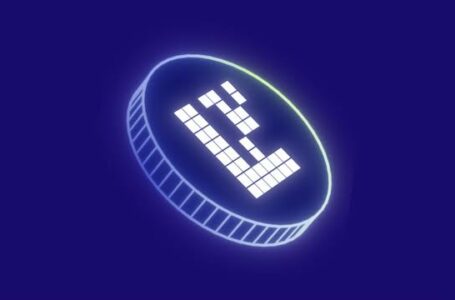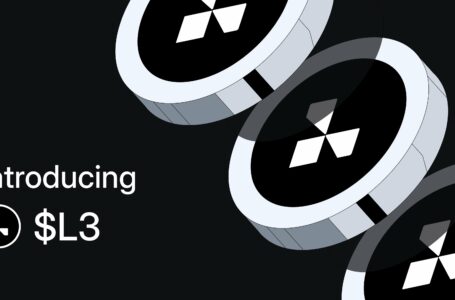Nigerian Interpol recently collaborated with cybersecurity experts and local intelligence
Indian government websites hosted ads placed by scammers, redirecting users
Meesho, a leading e-commerce platform in India, has raised $275

Apple is reportedly finalizing a deal with OpenAI to integrate ChatGPT features into iOS 18,

Nigerian Interpol recently collaborated with cybersecurity experts and local intelligence agencies to address the increasing

Indian government websites hosted ads placed by scammers, redirecting users to online gambling sites. Scammers

Meesho, a leading e-commerce platform in India, has raised $275 million in a fresh investment

Microsoft plans to launch its own mobile game shop in July, offering first-party games like

EigenLayer aims to enhance security for proof-of-stake initiatives and has amassed $15 billion in ether

Layer3, a distribution and identity system, plans to launch its token L3 this summer, offering

StaFi, a staking infrastructure provider, has integrated Liquid Restaking Token (LRT) into its Liquid-Staking-as-a-Service (LSaaS)